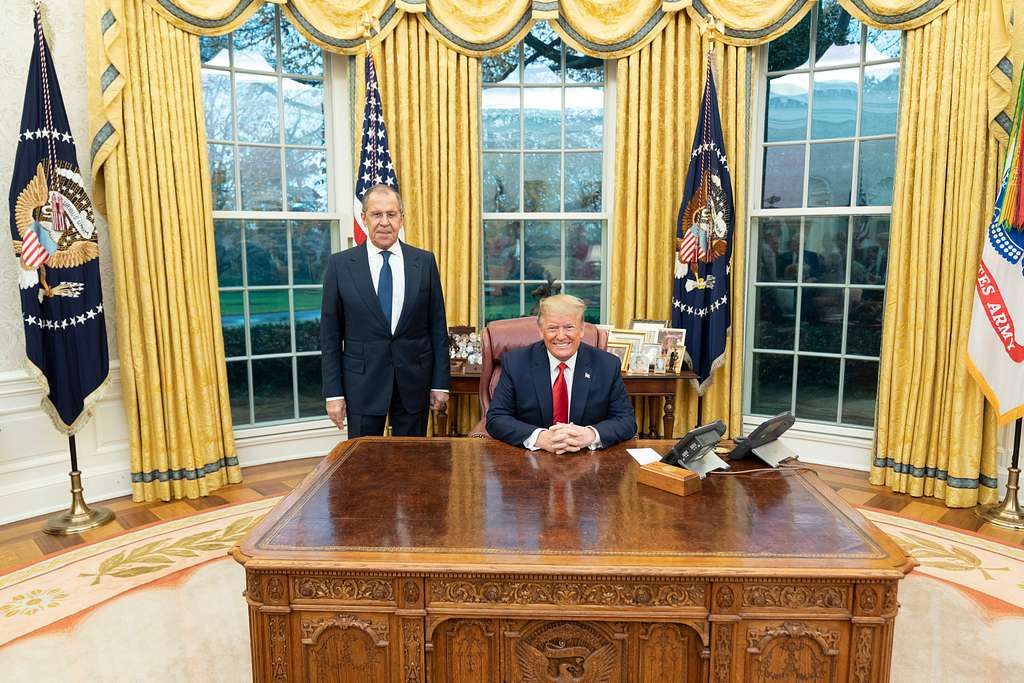India and Singapore Sign MoUs on Semiconductor Cooperation: Strengthening Strategic Ties

Prime Minister Narendra Modi’s recent visit to Singapore marked a significant corner in India- Singapore relations. The visit witnessed the signing of four crucial Memoranda of Understanding (MoUs) aimed at deepening cooperation in the semiconductor sector. This development underscores the growing strategic partnership between the two nations and highlights the importance of collaboration in the high-tech industry.
Semiconductor Cooperation: A New Chapter
The signing of these MoUs signals a new era in India-Singapore relations, focusing on one of the most critical sectors in the global economy—semiconductors. With the increasing demand for semiconductor chips in various industries, such as automotive, telecommunications, and electronics, the partnership between India and Singapore has the potential to strengthen both countries’ technological capabilities.
India is rapidly emerging as a major player in the global semiconductor market, and Singapore’s advanced infrastructure and expertise in electronics manufacturing make it an ideal partner. The MoUs cover various aspects of semiconductor collaboration, including research and development, talent exchange, supply chain management, and investment in semiconductor manufacturing facilities. This partnership aims to reduce dependency on a limited number of global semiconductor suppliers and enhance technological self-reliance.
Strategic Impact of the Visit
The agreements on semiconductor cooperation are not only economically significant but also strategically important. They demonstrate India’s growing focus on building resilient supply chains, particularly in the technology sector, to mitigate the impact of global disruptions like the semiconductor shortage that hit multiple industries during the COVID-19 pandemic.
Singapore, being a major hub for electronics and technology in Southeast Asia, provides India with a strong foothold in the region’s semiconductor supply chain. This partnership also aligns with India’s broader “Make in India” initiative, which aims to boost domestic manufacturing, create jobs, and position India as a global manufacturing hub.
Economic Relations Between India and Singapore
The semiconductor cooperation is just one of the many facets of the India-Singapore economic partnership. Singapore is one of India’s largest trading partners in the ASEAN region, and the two countries have enjoyed robust economic ties for decades. Bilateral trade between India and Singapore exceeded $30 billion in recent years, with both countries investing significantly in each other’s economies.
India has been a major destination for Singaporean investments, particularly in sectors such as telecommunications, real estate, and financial services. Similarly, Singapore serves as a gateway for Indian businesses looking to expand in Southeast Asia. The two nations have also collaborated on smart city development, financial technology, and innovation, further strengthening their economic relationship.
A Deepening Strategic Friendship
Beyond the economic and technological partnership, India and Singapore share a deep strategic friendship rooted in shared values and regional security interests. Both countries are committed to promoting peace, stability, and prosperity in the Indo-Pacific region and they laboriously cooperate in forums similar as the Association of Southeast Asian Nations( ASEAN), the East Asia Summit( EAS), and the Asia- Europe Meeting( ASEM).
The defense cooperation between India and Singapore is also noteworthy. The two countries regularly conduct joint military exercises, share intelligence, and collaborate on maritime security. This strong defense relationship is crucial in maintaining regional stability and ensuring the security of key maritime trade routes.
Cultural and People-to-People Ties
India and Singapore’s relationship is further strengthened by their rich cultural ties and vibrant diaspora. Singapore is home to a significant Indian community, which has contributed to the nation’s cultural diversity and economic prosperity. The regular exchange of students, professionals, and tourists between the two countries has created a unique bond that extends beyond formal diplomatic relations.
Both nations have also worked together to promote cultural exchanges, with initiatives such as the “India-Singapore Cultural Year” celebrating the deep cultural connections between the two societies. These people-to-people ties are an important pillar of the India-Singapore friendship, enhancing mutual understanding and cooperation across various sectors.
Conclusion: A Partnership for the Future
Prime Minister Modi’s visit to Singapore and the signing of the MoUs on semiconductor cooperation mark a significant step forward in India-Singapore relations. As both nations look to the future, their partnership is set to expand into new areas of technology, innovation, and strategic cooperation. The strong economic, cultural, and defense ties between India and Singapore make this relationship a cornerstone of India’s engagement with Southeast Asia.
The semiconductor collaboration, in particular, has the potential to create new opportunities for both countries, positioning them as key players in the global semiconductor supply chain. As India and Singapore continue to work together, their friendship and strategic partnership will undoubtedly contribute to regional stability, economic growth, and technological advancement in the years to come.







